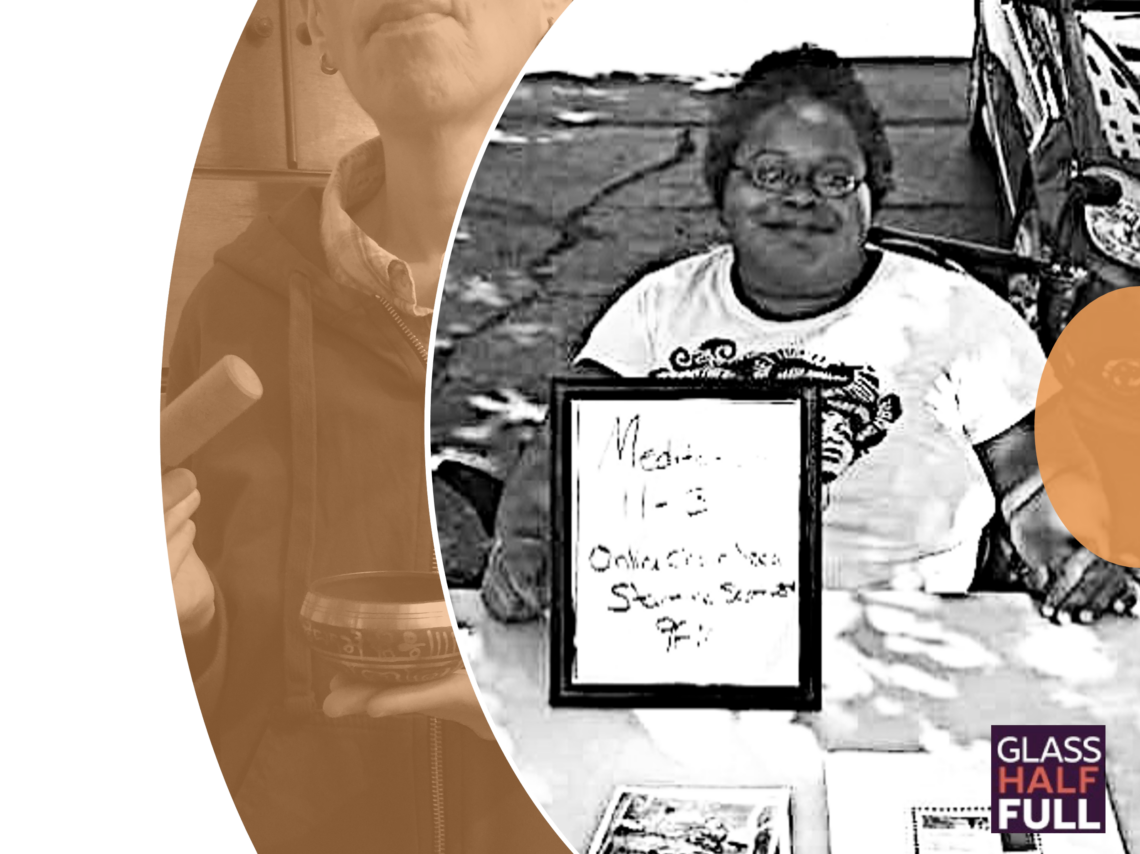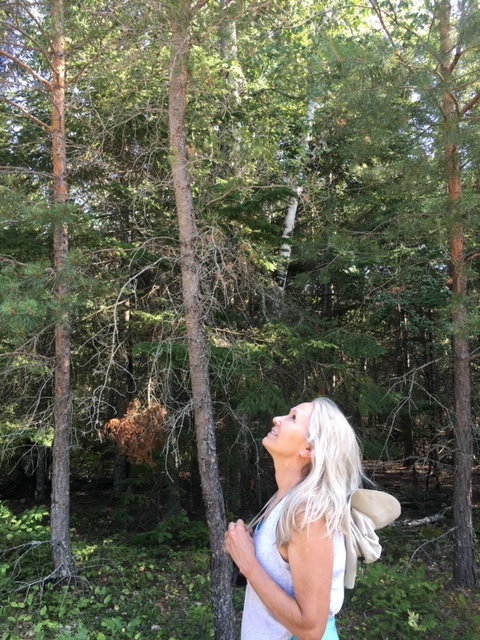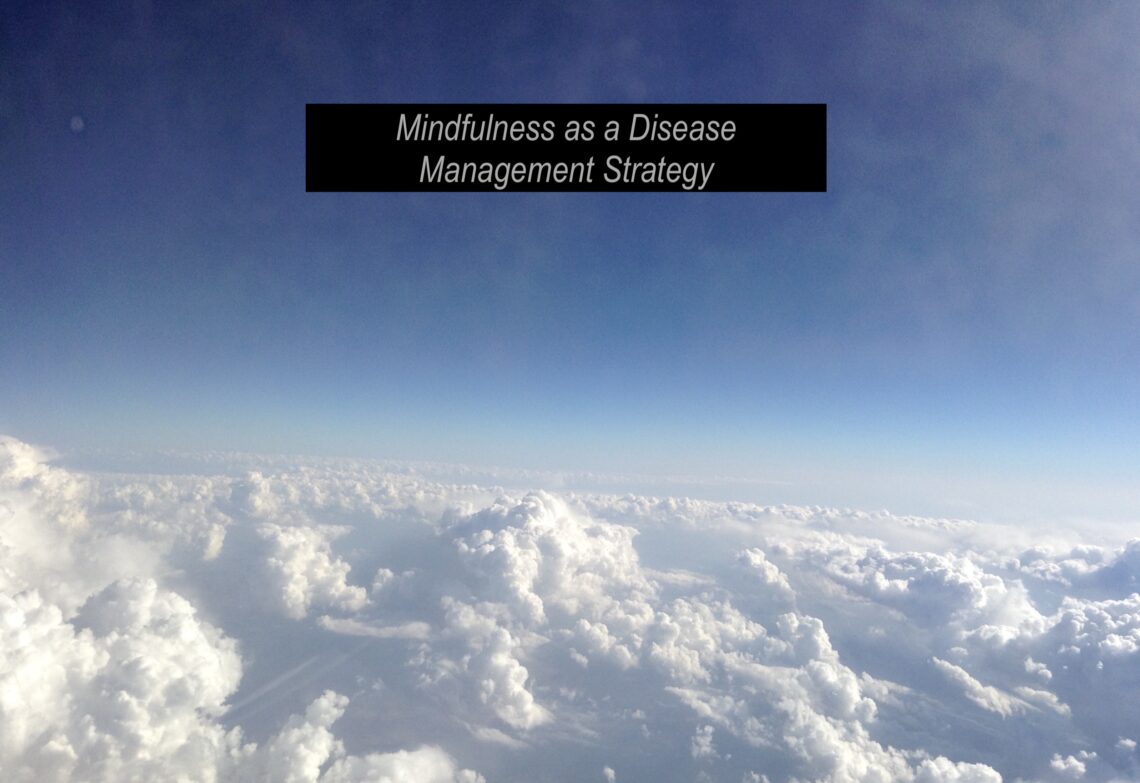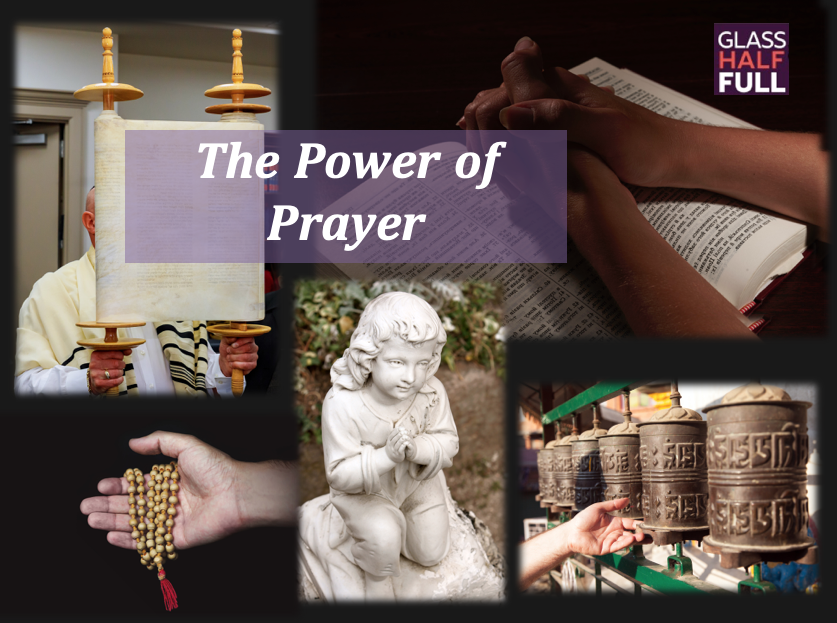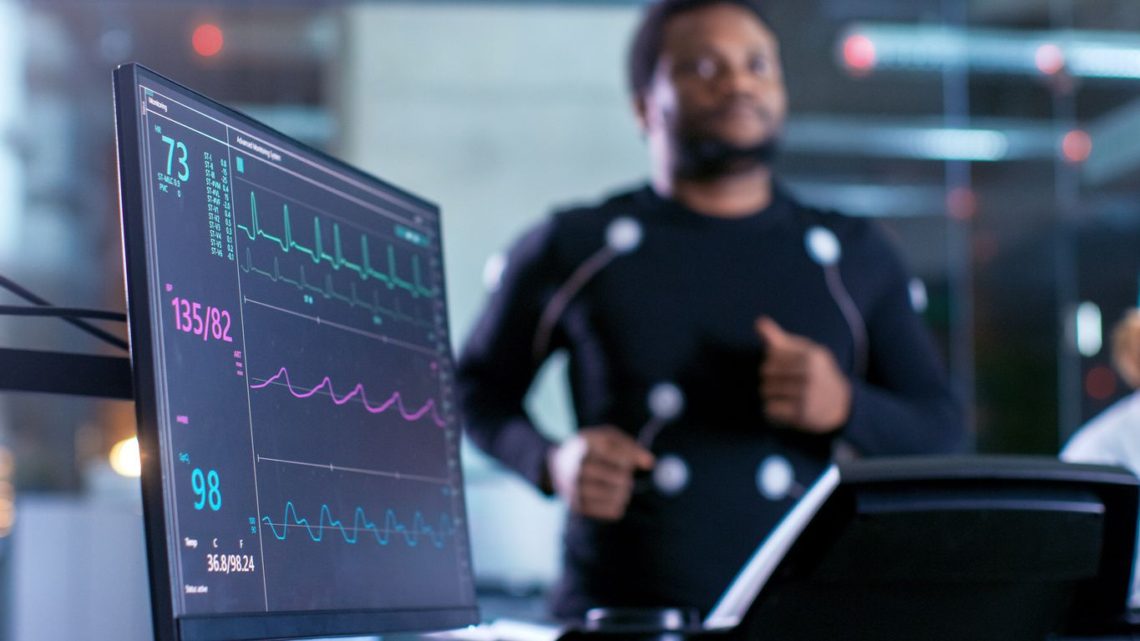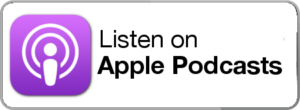A contemplative practice includes meditation, prayer, mindfulness, yoga, tai chi or qigong, journaling or anything that helps ground you. Some people use affirmations while others use music to help them ease into a more tranquil…
Taking a Break
- May 18, 2020
- Tagged as: anxiety, coronavirus, COVID-19, exercise, healing, health, laughter, meditation, mindfulness, movement therapy
Well, not really. No podcast episodes for the month of May due to a very bad computer. Naughty as heck. She/he could have reminded me of their age (6 years!) and I would have paid…
This month we have both Earth Day and Arbor Day so it’s high time to be amongst the trees. Even if you are hunkered down in the safety of your home during the pandemic, you…
Being diagnosed with a chronic, debilitating disease can certainly bring stress to one’s life. In fact, that stress can be significant enough to be called trauma. How one handles this stress varies. Some people have…
Autoimmune Illness: A Physician’s Journey
- September 19, 2019
- Tagged as: autoimmune condition, celiac disease, chronic fatigue syndrome, dysautonomia, fatigue, functional medicine, Gastroenteritis, Hashimoto thyroiditis, healing, hypothyroid, inflammation, integrative medicine, intuition, meditation, mononucleosis, post-paartum thyroiditis, qigong, stealth infection, stress, Thyroiditis
Imagine if your physician not only understood your invisible chronic illness but also had experience healing her own autoimmune illness. That physician could be Cynthia Li. Dr. Cynthia Li talks about her book, Brave New…
What is prayer and how do we do it? How does prayer differ from meditation? How can prayer impact healing? These are a few of the questions addressed by three podcast guests. The Jewish perspective…
How does a diagnosis of cancer and treatment change a person? In this 3-part series you’ll hear different stories on how a woman – diagnosed with cancer (breast, thyroid, and ovarian) – experienced the changes….
An echocardiogram technician told me I have a beautiful heart and that got me going. What makes for good heart health? What role do genetics, lifestyle, and environment play? Dr. Erica Pitsch talks about the…
Welcome to the sixth month of Self-Care Challenges. If you’ve been reading since the beginning, that’s great! I encourage you to share your progress with a comment below. If you’re just joining us, take a…
Sometimes I see Facebook posts from high school classmates reminiscing about the “good old days.” I did have some unbridled fun back then but I far prefer my adulthood. Even with a chronic health condition….
